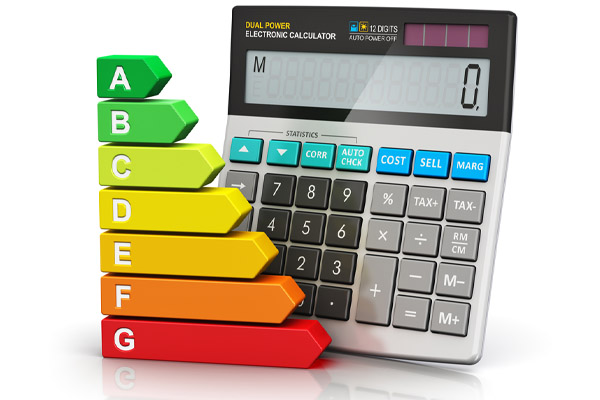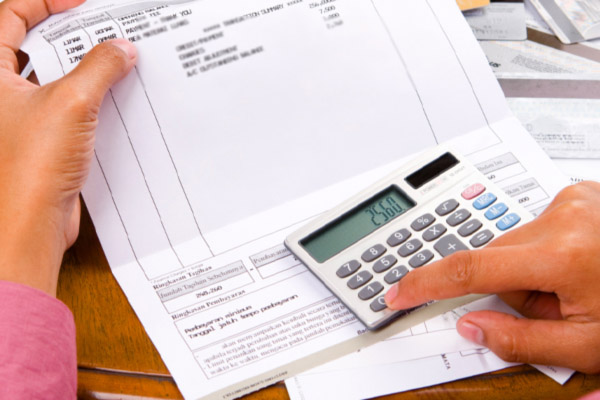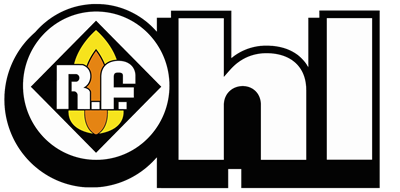3 Ways To Determine Your Heater’s Energy-Efficiency

Heating systems play a crucial role in enhancing your home’s indoor comfort levels during the winter season. It keeps your house warm, therefore, protecting your family from cold-related illnesses. They also keep any winter-relating plumbing problems at bay. The right heating system operates quietly, is energy efficient and durable. For example, an energy efficient heater offers benefits like effective heat distribution, reduced energy costs, and fewer HVAC service expenses. This article discusses three ways you can tell if your heating system is energy-efficient. It also includes tips on how to improve your heating system’s efficiency.
Is Your Heater Energy-Efficient?
Contents
Your home’s square footage is the first info you need to determine when buying a heating system. This will let you choose a heater with a heating capacity that is perfect for your home. The US Department of Energy (DOE) states that older heating systems’ energy efficiency is usually at around 56% to 70%. On the other hand, modern systems have as much as 98.5% efficiency. Keep in mind that a heating system’s efficiency lessens with every year. This annual reduction can be up to 5% a year, depending on its maintenance level.
Listed below are three factors that can help you determine if you have an energy-efficient heating system or not.
Heating System Age
A typical residential heating system has a lifespan of 15 to 20 years. Proper maintenance helps keep the heating system efficient for a long time. However, as mentioned above, the efficiency will drop at some point because of wear and tear. How old your heater is can provide you with clues on its efficiency. Older systems are less efficient while newer ones are more efficient.
A qualified HVAC technician can help you determine if you have an energy-efficient heater if you aren’t aware of how old your system is.
Energy Bills

Energy bills fluctuations happen every season as it depends on how much heating your home needs. Even if this is the case, the current year’s cumulative energy costs shouldn’t differ much from last year’s unless there was an increase in the price of energy per unit. When all other factors are the same, compare last year’s energy bill from the same time with your current one to see if there is any inexplicable surge in your heating costs.
An increase in your energy bills can indicate that your heating system has reduced efficiency. More specifically, if you have a low-efficiency heater, it needs to operate harder and longer to heat your home sufficiently. Therefore, it will use more energy and cause a spike in your bills.
AFUE Rating
The Annual Fuel Utilization Efficiency, or AFUE, is the ratio that is assigned to specify its efficiency. The AFUE rating can be determined through the division of the heat output by the heat input quantity, which is the amount of fuel used. For example, you have a heater with an AFUE rating of 95%. This means it is able to convert 95% of the fuel to heat while the remaining 5% dissipates through the vent.
All manufacturers put the AFUE rating on the heating system’s label. This means that checking the label allows you to determine how efficient your heater is. If you can’t find the label, look for the heater’s serial number or model and search the AFUE rating from the manufacturer’s website using this information. You can determine if you have an energy-efficient heater or not with the AFUE rating.
How To Improve Your Heating System’s Efficiency
Having a low-efficiency heater can impact your comfort during colder days. It can also result in frequent heating system breakdowns and higher energy costs. A less efficient heating system can also mean you’ll increase your carbon footprint, depending on what fuel type your system utilizes. Therefore, here are some useful tips to improve your heater’s efficiency:
- Clean Or Change HVAC Filters Regularly: A clogged HVAC filter means your furnace works harder to pull air through it. Therefore, depending on the type of filter you use, clean the filters at regular intervals and change them when necessary.
- Insulate Your House: You can retain most of the heat in your house through insulation. This way, there will be less burden on your heating system.
- Schedule Annual Inspections: Get your heating system regularly maintained to help improve its efficiency. With this in mind, a qualified HVAC professional should conduct regular inspections and repair any heater issues and increase its efficiency.
- Use A Programmable Thermostat: A programmable thermostat automatically adjusts the heating per your home’s needs and preferences. Therefore, your heater only runs when needed, so it only consumes fuel per your heating requirements.
Why You Should Replace An Outdated Heating System
At one point, even regular HVAC maintenance won’t be able to help much in improving your heater’s efficiency. Consider a heating system replacement when this happens. This way, you’ll receive these benefits:
- Indoor Comfort: New heaters are highly efficient, so they can heat your home well. Remember that you need adequate heating during colder days so you and your family feel enhanced comfort, which an old heater might not give you.
- Prevent Frequent Heating System Breakdowns: Outdated heating systems break down more often due to wear and tear. This can be avoided with a heater replacement. It will also help you save money on repair costs.
- Save On Heating Costs: Highly efficient heating systems translate to lower energy bills. This is a guarantee when you get a new heater.
Conclusion
Check your heating system’s age and AFUE rating to see if it is energy efficient. You can also examine your energy bills to determine its energy efficiency level. If you have an inefficient system, contact a qualified HVAC technician to conduct a thorough inspection and maintenance to make it energy efficient again. However, some cases require a replacement, especially if you have an old and outdated heater.
Call R.F. Ohl For All Of Your HVAC Requirements

Contact R.F. Ohl for heating and cooling services in the Poconos and the Lehigh Valley, Pennsylvania. We have the best professionally certified technicians who can conduct high-quality HVAC repairs, installations, replacements, maintenance, and more. Each one of our techs is experienced, skilled and knowledgeable to service any HVAC system promptly and correctly.
R.F. Ohl guarantees to have highly competitive HVAC service rates in the area. Our tune-up services help increase your energy efficiency and improve home comfort while reducing your energy bills. We can also recommend the best HVAC repair or replacement solution for your home while remaining within your budget. All our work comes with a guarantee. Book a service appointment with R.F. Ohl today. We offer free, in-home estimates.
Click here to contact us today or give us a call at (610) 377-1098 if you have any questions.